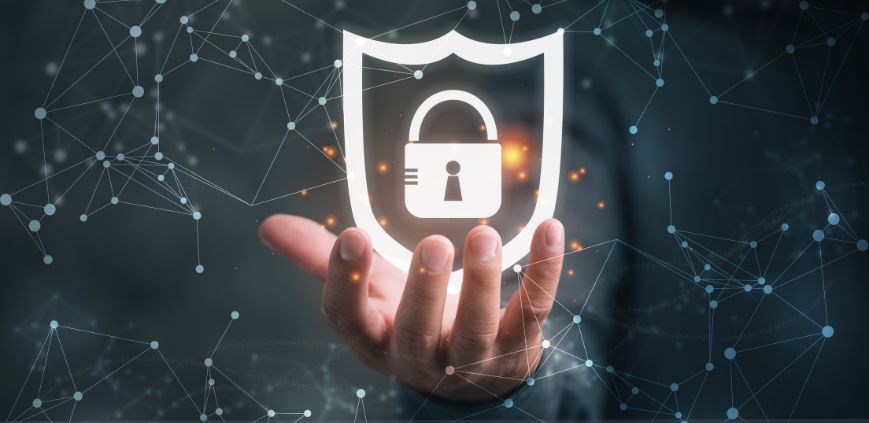Budget-Friendly Cybersecurity Strategies for Small Businesses
Cybersecurity is a critical concern for businesses of all sizes. If you’re a small business, you might not have the budget or resources for an advanced cybersecurity system. This can be concerning, as cybercriminals tend to target small businesses assuming they lack security measures. However, you don’t have to have an infinite budget to adopt a cybersecurity system that gives you peace of mind. Below are resources on how to enhance cybersecurity on a budget.
Training and Education
Though it might seem simple, training your employees on cybersecurity awareness and measures is actually a very effective way to reduce cybercriminal attacks. Human error is a common cause of security breaches, so educating employees about safe online practices can significantly reduce risks. There are a few different ways to do this, including:
Regular Training Sessions
Conduct training sessions to educate employees on the most important elements of adopting a strong cybersecurity presence. This can include identifying phishing emails, using strong passwords and recognizing suspicious activities.
Cybersecurity Policies
Educate your employees on cybersecurity policies and the importance of adhering to these strict rules.
Simulated Phishing Attacks
Periodically run simulated phishing attacks to test and improve employees' ability to identify and respond to threats. This is an effective way to see first-hand if the lessons you’re teaching your employees are working.
Require Robust Password Policies
Some people adopt a “this won’t happen to us” mindset that leads to careless decisions–particularly when it comes to choosing a secure password. But unfortunately, no one is exempt from data breaches.
According to a January 2024 survey by GoodFirms, 30% of IT professionals reported experiencing a data breach due to a weak password. That’s to say that adhering to strict password policies would significantly reduce the amount of cyber attacks that businesses experience. The best part about this tactic is that it is completely free to choose a strong and secure password.
Implement Multi-Factor Authentication (MFA)
Multi-factor authentication is an authentication method that requires users to provide at least two verification factors to gain access to a resource. This means that the likelihood of a successful cyber attack decreases because there are more authentication steps and therefore more security. There are a few different ways that companies can implement MFA:
Free MFA Solutions
Utilize free MFA solutions provided by services like Google Authenticator, Microsoft Authenticator and Authy. Many platforms offer built-in MFA options at no additional cost.
Critical Accounts
Implement MFA for all critical accounts, including email, financial systems and any applications containing sensitive data.
Secure Wi-Fi Networks
Employing strong encryption protocols like WPA3 for Wi-Fi networks ensures that data transmitted over the network is encrypted, making it much harder for unauthorized parties to intercept and read the data.
Strong Passwords
Implement strong, unique passwords for Wi-Fi networks and change them regularly. Use a mix of capital and lowercase letters, numbers and special characters.
Encryption
Enable WPA3 encryption for the highest level of security. If WPA3 is not available, use WPA2.
Utilize Free and Low-Cost Security Tools
There are lots of free and low-cost tools that small businesses can adopt to help enhance their cybersecurity that won’t break the bank. They will give businesses and employees an increased sense of security that their sensitive data is safe. Some of these options include:
Antivirus and Anti-malware Software
Use reputable antivirus and anti-malware software (such as McAfee, Norton, Bitdefender or Webroot) to protect against common threats. There are many price options available for these depending on your budget.
Firewalls
Implement firewalls to monitor and control incoming and outgoing network traffic. Basic firewall protection is often included in routers and operating systems.
Password Managers
Password managers can be downloaded to help you generate and store strong, unique passwords for each account. This will help you feel confident that the password you chose is secure and won’t easily be breached.
Do you need to protect your home? Here are some amazing brands to consider.
